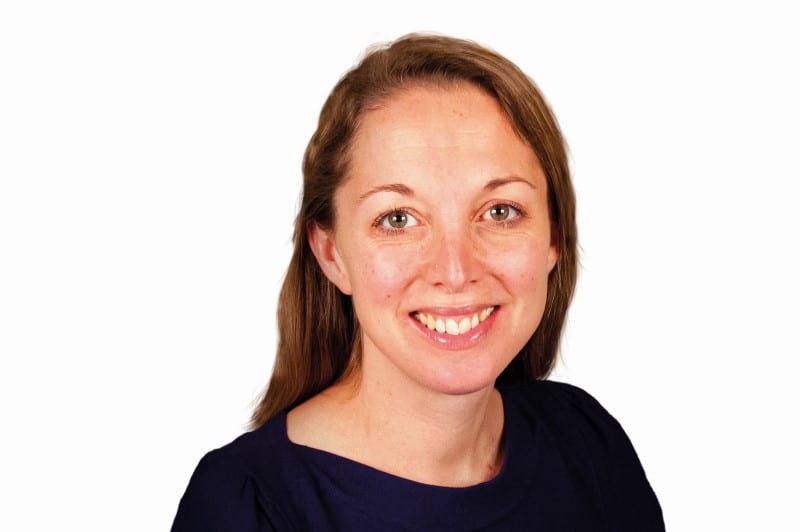COVID-19: Black lives in lockdown – the pandemic experiences of people with Black, Asian and minority ethnicities living in the South West
For many people, the reports that COVID-19 was disproportionately affecting those in Black, Asian and minority ethnic communities was news to them. For Dr Saffron Karlsen, however, it was not. As Associate Professor in Sociology and a specialist in inequalities in health research, Dr Karlsen has spent over 20 years looking at how structural and societal inequalities hamper health and healthcare for those in ethnic minority groups.
Together with her colleague Dr Rosie Nelson, and in collaboration with third sector partner Black South West Network (BSWN), Dr Karlsen spent five months during the spring and summer of 2020 researching what was happening in Bristol’s Black, Asian and minority ethnic communities. This has shone a spotlight on the different ways COVID-19 is affecting different communities within Bristol. The rapid release of funds from alumni and friends allowed them to proceed at speed and gather information in real time, while the pandemic was happening. This vital work will inform future research and should feed into implementing systemic changes. As one of the University of Bristol’s representatives on Bristol Council’s Race Equality COVID-19 Steering Group, involving 90 local stakeholders working together to respond to these issues, and someone also involved in setting up the Bristol Race Equality Network involving partners from across the region, Dr Karlsen can give this evidence the attention it needs.
BSWN completed a study looking at the effect of COVID on Black-run businesses early in the spring, as lockdown commenced. This showed the precarious position of many Black-run businesses in Bristol – unable either to continue working or to access support such as furlough, people were forced to fend for themselves, often without the resources to do so. Other research(1) by University of Bristol colleagues Dr Loubaba Mamluk and Dr Tim Jones also shows that more people with Black, Asian and minority ethnic backgrounds are key workers on the front line which puts them at greater risk of being infected. They also live in conditions which make it much more likely they will get infected at home, and make them much less resilient when they do.
The reasons(2) for this are not down to people’s own decisions, but the ways in which prejudice against people with Black, Asian and minority ethnicities affects their experiences of education, of healthcare and in the workplace. From Dr Karlsen and Dr Nelson’s study, we see personal details of what living through the pandemic was like for people with Black, Asian and minority ethnicities. Some people talked about the psychological burden of repeated risk assessments for essential workers doing home visits and the ways this added to their fear of being infected. Others talked about the way the neighbourhood support valued by so many during the lockdown was undermined by racism: ‘The white middle class neighbourhood helped each other. They didn’t help me.’
But while research shows that these inequalities are driven by societal, not individual, factors, people in Dr Karlsen and Dr Nelson’s study felt the media were presenting them as something other – encouraging ideas that Black, Asian and minority ethnic people were to blame for their higher death rates because of their genetics or other health conditions, or the way that they chose to live their lives. While this led to further fear among those trying to manage this risk, it also caused frustration. Similarly, people talked about the way the media tried to use the murder of George Floyd and the escalation of the Black Lives Matter Movement in response, to encourage a belief among the public that they were the cause of the problem. One of the interviewees said:
‘There’s a bit of a blame with the #BlackLivesMatter protest. The news focused on this is really going to help the surge of coronavirus, the numbers are going to go up and up and up and actually everyone on that protest was keeping their distance, they were wearing masks, as much as they could do, they were following rules. And then you’ve got those pictures of Brighton where you’ve got families and hundreds and hundreds of people hoarding on the beach and nothing [was mentioned].’ Not only did this enable the government to further scapegoat Black people and others involved in the protests as dangerous and criminal, it also directly limited the scale, and therefore the impact, of the protests and people’s ability to respond to this perceived ill-treatment.
The interviewees for Dr Karlsen’s research self-selected and were predominantly young to middle-aged Black Caribbean women in quite secure economic positions. While this sample probably does not reflect those who might have been hardest hit by the pandemic or the lockdown, it does give a novel perspective compared with much of the research done in this area. The voices of Black people in these socio-economic circumstances have been missing from the conversation.
While there were some positive effects for those with economic security, the spectre of racism – from local support networks to national media and government engagement – had a significant impact on these lives lived in lockdown.
Dr Karlsen and Dr Nelson are now working with local partners to ensure this evidence is fed into policy while they develop a paper for publication.
References

